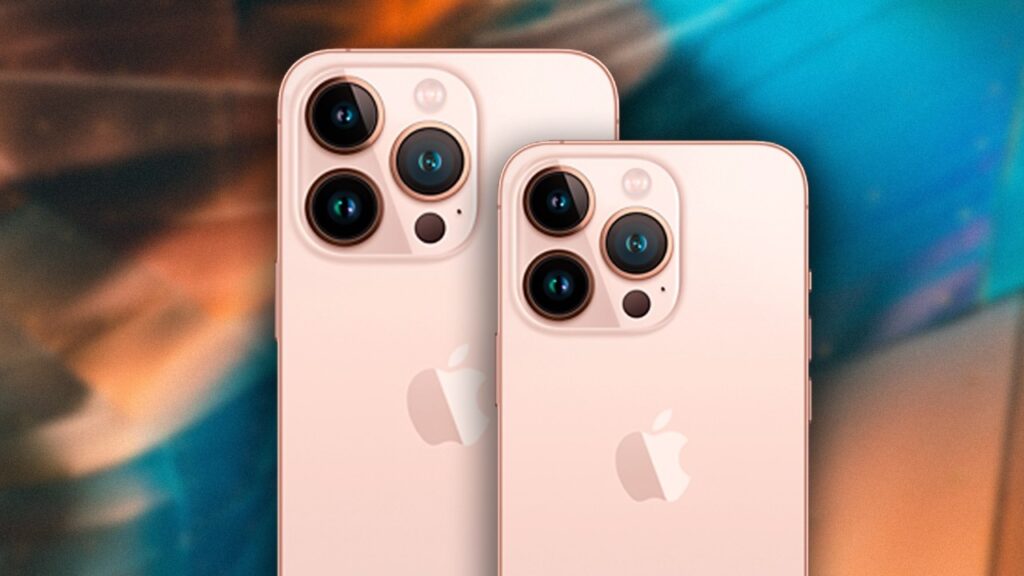Apple’s latest iPhone privacy enhancements give you more control over your data. Find out how to turn them on.
This iOS 15 feature lets you see how often apps use sensors such as your camera or microphone. It’s an impressive new degree of clarity.
App Privacy Report
If you own an iPhone 15 or higher, you’ll soon have the option to see how your apps are using your privacy. The new feature is dubbed”App Privacy Report.” App Privacy Report. it’s very similar to transparency labels Apple introduced with iOS 14 earlier this year.
The report will show how often your daily apps access sensitive data and sensors like cameras, location and contacts, the media library, microphone and recording of screen. Additionally, it will provide details of how an application’s network activity is impacted as well as the network activity of websites and the domains it contacts the most frequently.

It may take a couple of days to wait for to wait for the App Privacy Report to start showing you information, but once it does, you’ll have a pretty detailed picture of how the apps are using your data.
Mail Privacy Protection
Apple’s Mail Privacy Protection function on iOS 15 automatically downloads all data, even invisible tracking pixels from each email you get in the Apple Mail application and saves it in the Apple Privacy Cache. When you receive an email, it’s forwarded to a random Apple-created email address that masks your device’s IP address and its location.
The feature of iphone 15 apple is available as an option that can be activated in the Mail settings of your iPhone’s Settings app. Marketers who use email should be ready to end using email open data as a measurement of performance if their audience chooses to allow privacy protection for their mail. It can have a huge impact on marketing campaigns that are based heavily on open rates. It is possible to reverse the decision in the Mail Settings.
On Device Siri Processing
The Apple event WWDC 2021 conference, the company revealed a brand new iPhone privacy option that could make a big difference to those who utilize Siri. The first time ever, many voice requests will be processed directly on your phone instead of being uploaded to Apple’s servers — meaning they can be done offline.
This is a game-changing move regarding security. It will also speed up Siri’s speed.
However, there’s a small caveat that it’s only compatible with the most current iPhones as well as iPads equipped with the A12 Bionic chip or greater.
Other iOS 15 privacy updates include App Tracking Transparency that prevents unwanted tracking and Mail Privacy Protection that will not let senders know if they opened your email. Also, an array of security patches to protect your online identity.
Hide My Email
This feature is a great alternative to websites and applications asking for an email address that you have personally, but you don’t trust. If you choose to use Hide My Email it means that the app or website will be able to see an Apple-created email address that forwards to your account at home.
Additional iOS 15 privacy innovations include iCloud Private Relay, which conceals encrypted web traffic from websites and apps. Through iCloud Private Relay your iPhone as well as iPad send web traffic through two Apple relay servers which hide the information that is identifiable, such as your user profile, IP address, and other information about your browser. Apple also introduced a feature called Focus Mode that groups notifications and assists you in staying focused. The biometric authentication feature, which includes Face ID, makes it harder for hackers to access your device. iMessage Contact Key Verification can inform participants of an iMessage conversation in the event that someone is trying to connect a device that is not authorized giving you more control over your privacy.
iCloud Private Relay
The annual conference for developers, Apple announced a trio of features designed to enhance privacy in it’s iCloud Plus subscription service. Most notable one is iCloud Private Relay, which seeks to stop tracking websites by sending web-related requests via two Internet relays.
The first Apple-controlled relay gives your device a temporary IP address. The second third-party relay encodes your URL to the desired destination. This blocks Apple, your network provider as well as the sites you browse from building a profile of what you’re like through your online habits.
This feature works only in Safari It’s a bummer for anyone who uses other browsers to surf the web. The feature isn’t yet accessible in countries like China, where Apple does not want to promote bypassing government surveillance laws.